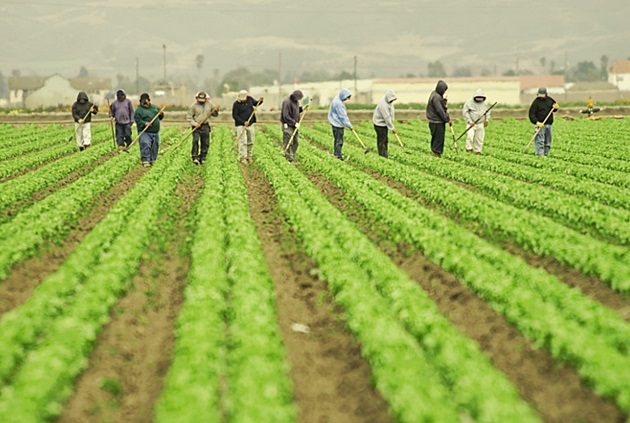793

The European Commission presented the preliminary results of its simplification survey for farmers. Available online in all European languages, the survey received nearly 27,000 responses. A detailed analysis of the responses received will follow in the second half of the year.
The survey was part of the Commission's actions to address farmers' concerns and was specifically aimed at farmers to identify the administrative burden and complexity arising from CAP rules, as well as other rules for food and agriculture, both regarding national implementation and the related registration and reporting obligations.
The survey and subsequent analysis should also identify areas where improvements could be made to reduce administrative work for farmers.
A brief presentation of the preliminary results was made at the workshop on governance and performance, bringing together members of the Civil Dialogue Group on strategic plans and horizontal issues of the CAP, representatives of the member states of the expert group on the implementation of CAP strategic plans, as well as representatives of national payment agencies.
Respondents
Of the respondents, 81% were farmers applying for CAP support, while the remaining respondents were farmers not applying for CAP support (16%) or agricultural advisors and other entities. 36% of the responding farmers were between 50 and 64 years old, and 48% were between 30 and 49 years old.
Very small farms of less than 5 hectares were represented by 10% of respondents, while 39% worked on farms from 5 to 50 hectares. As a reminder, the average farm size in the European Union is 17.4 hectares. The most represented production types were cereals and other field crops, followed by beef and dairy, wine, and olive oil.
Initial Perspectives
The survey showed that 33% of respondents work more than 6 days each year on administrative tasks related to CAP aid applications, including documentation for conditionality. For 24% of them, it is 5 to 6 days, then 1 to 4 working days for 38% of participating farmers.
A very high proportion of farmers applying for CAP support (78%) also use some form of external assistance to prepare and submit their CAP aid application. Assistance is provided by farmers' associations and cooperatives in 36% of cases, private companies such as consultancies or banks (25%), or public authorities for 18% of respondents.
Half of the CAP support applicants do not use mobile devices to provide geo-tagged photos to the authorities. Of the 50% who use mobile devices for this purpose, about half encounter issues, especially because they find it time-consuming, not easy to use, or lacking feedback on the accuracy of the provided image.
Regarding on-the-spot checks in the last 3 years, 36% of the farms included in the survey were visited only once, while 16% of farms received at least 3 visits. These visits may also include inspections unrelated to CAP.
Preparing for and conducting these on-the-spot checks required between half a day and a full day's work for 63% of the farmers checked.
In its simplification proposals, the Commission announced that it will streamline the methodology for certain checks, aiming to reduce the number of farm visits by national administrations by up to 50%. This measure directly responds to the requests of member states. With fewer visits from the administration to manage, farmers will have more time to dedicate to their core work.
Individual interviews will now be conducted with farmers and farmers' organizations to provide a more detailed overview of the situation and to delve into the issues. This will contribute to a detailed analysis to be published in the autumn of 2024, with the aim of clarifying the sources of complexity for farmers: EU level, national level, CAP, and other requirements and policies. (Photo: Dreamstime)




